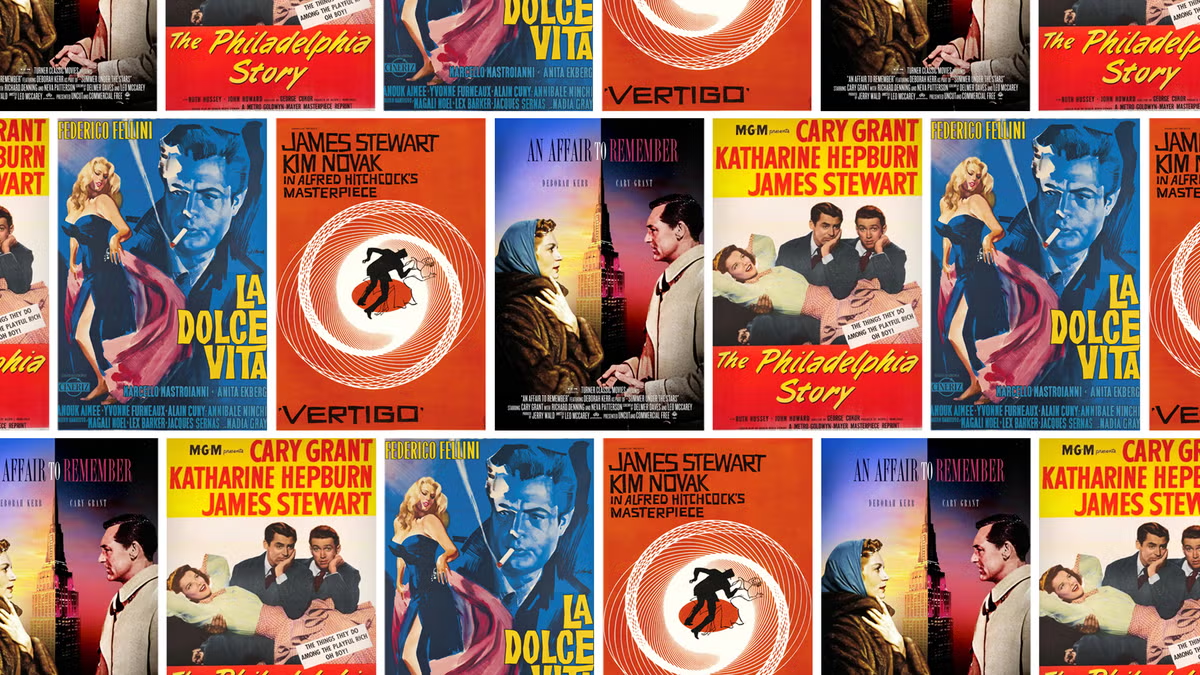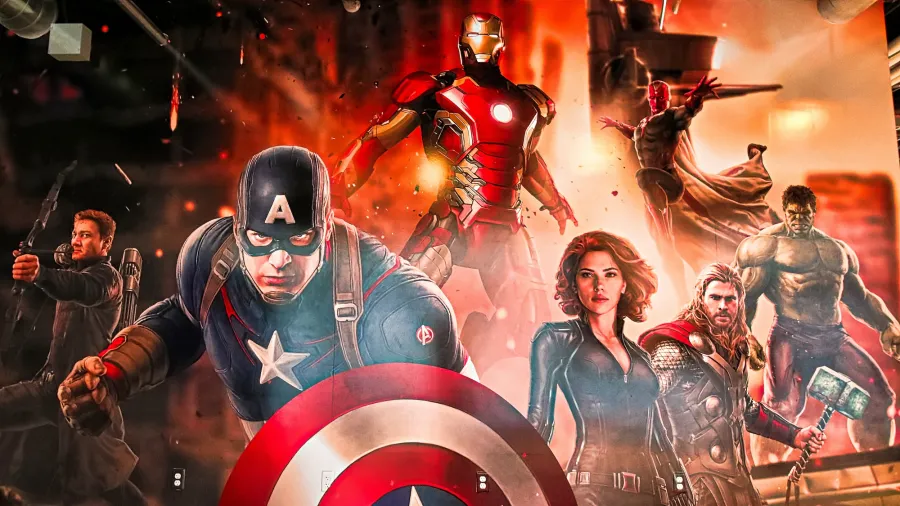Movies come in all shapes and sizes, each fitting into a specific genre that defines its style, themes, and storytelling methods. While some films blend multiple genres, others stick to the tried-and-true formulas of their category. Let’s explore different movie genres and understand what makes each of them unique.
1. Action
High-Energy Excitement
Action films are known for their fast-paced sequences, thrilling chases, and explosive fight scenes. These movies often feature heroes overcoming incredible odds, saving the day with strength, wit, and bravery.
Examples: The “Fast & Furious” series, “Mad Max: Fury Road,” and “John Wick” are perfect representations of the action genre. These films focus on adrenaline-pumping sequences that keep viewers on the edge of their seats.
Key Elements:
- Intense fight scenes
- Car chases and explosions
- High-stakes conflicts
2. Comedy
Laughter and Lighthearted Fun
Comedy films aim to entertain through humor, whether it’s slapstick, witty dialogue, or absurd situations. They provide a break from reality, offering levity and fun for viewers.
Examples: Films like “Superbad,” “Bridesmaids,” and “Dumb and Dumber” are loved for their ability to make audiences laugh through creative, often ridiculous, scenarios.
Key Elements:
- Humor, often exaggerated
- Relatable or absurd characters
- Situations that lead to funny misunderstandings or comedic resolutions
3. Drama
Emotional Depth
Drama films delve deep into human emotions, relationships, and personal struggles. These movies often tackle real-life issues such as love, loss, and family dynamics, offering an emotional experience for viewers.
Examples: “The Pursuit of Happyness,” “Moonlight,” and “Marriage Story” are classic examples of dramas that focus on powerful, character-driven narratives.
Key Elements:
- Emotional and complex characters
- Focus on relationships and personal growth
- Realistic settings and situations
Recharge After an Active Day
After enjoying a long ride or outdoor adventure, cyclists can unwind and have some fun with Wolfwinner Casino Login, offering an engaging online entertainment experience.
4. Science Fiction (Sci-Fi)
Futuristic and Imaginative Worlds
Sci-fi films transport viewers to futuristic or alternate realities, often dealing with advanced technology, space exploration, or dystopian worlds. This genre sparks curiosity about what lies ahead for humanity.
Examples: Films like “Blade Runner 2049,” “Star Wars,” and “The Matrix” have become iconic for their imaginative worlds and exploration of deep philosophical questions.
Jackpotjillvip Casino Room
At Superb Bicycle, we specialize in offering high-quality bicycles and accessories designed for both enthusiasts and professionals. Our product lineup includes meticulously crafted track frames, such as the Superb Sprint Track Frameset, which features a lightweight double-butted aluminum frame and a sleek high-polish finish. Whether you’re looking to enhance your cycling performance or simply enjoy a stylish ride, our offerings cater to various preferences and needs. For those interested in online entertainment, platforms like Jackpotjillvip Casino Room offer a variety of gaming experiences, emphasizing the importance of secure and enjoyable digital environments.
Key Elements:
- Futuristic technology or space travel
- Exploration of the unknown (space, time, or alternate dimensions)
- Often tackles ethical or philosophical issues
Balance, Precision, and the Thrill of the Spin
Superb Bicycle is all about control, balance, and the exhilaration of every ride—whether you’re navigating urban streets or rugged trails. That same sense of thrill and precision can be found in games like online roulette, where every spin brings excitement and calculated decision-making. Both experiences reward focus, timing, and the courage to take a chance. Whether on two wheels or a digital wheel, the ride is always worth it.
5. Horror
Fear and Suspense
Horror films are designed to elicit fear, suspense, and terror in viewers. These movies play with psychological, supernatural, or visceral fears, often through jump scares, eerie atmospheres, or gruesome imagery.
Examples: “The Conjuring,” “Hereditary,” and “A Nightmare on Elm Street” deliver spine-chilling moments that have left a lasting impact on the horror genre.
Key Elements:
- Suspenseful pacing
- Frightening visuals or jump scares
- Themes of death, the supernatural, or psychological terror
6. Romance
Love and Relationships
Romance films focus on love, desire, and emotional connections between characters. These movies often portray the journey of falling in love, navigating relationships, and facing emotional challenges.
Examples: “The Notebook,” “La La Land,” and “Pride and Prejudice” are classic examples of romance films that explore deep emotional connections.
Key Elements:
- Love as the central theme
- Emotional highs and lows
- Happy or bittersweet endings
7. Thriller
Tension and Mystery
Thrillers are all about tension, suspense, and twists. They keep audiences on the edge of their seats, often with a focus on solving a mystery or surviving dangerous situations.
Examples: “Gone Girl,” “Se7en,” and “The Silence of the Lambs” are standout thrillers known for their shocking revelations and gripping narratives.
Key Elements:
- Building tension throughout the story
- Unpredictable twists and turns
- Themes of crime, survival, or deception

8. Fantasy
Mythical Worlds and Magical Adventures
Fantasy films transport audiences to magical realms, where anything is possible. They often feature mythical creatures, enchanted lands, and epic quests.
Examples: “The Lord of the Rings,” “Harry Potter,” and “The Chronicles of Narnia” are beloved fantasy films that immerse viewers in worlds of magic and adventure.
Key Elements:
- Magical or mythical elements
- Heroic journeys or quests
- Good versus evil themes
9. Documentary
Real Stories, Real People
Documentary films capture real-life events, people, and issues. These movies aim to inform, educate, or provide insight into a subject, often highlighting stories that might otherwise go untold.
Examples: “Free Solo,” “13th,” and “The Social Dilemma” are documentaries that have had significant cultural impact, shedding light on important social and personal issues.
Key Elements:
- Non-fiction storytelling
- Interviews and real footage
- Focus on educating or raising awareness
10. Musical
Song and Dance
Musicals blend storytelling with music and dance, creating an immersive experience. These films use songs to express emotions, advance the plot, or simply entertain.
Examples: “The Greatest Showman,” “Mamma Mia!” and “Les Misérables” are musicals that captivate audiences with their memorable songs and choreography.
Key Elements:
- Musical numbers as part of the narrative
- Dance and choreography
- Emotional or uplifting themes
Exploring Genre Diversity in Entertainment
Entertainment, whether through movies or hobbies like cycling, offers something for everyone depending on their mood and personality. Each movie genre—from comedy to suspense—delivers a unique storytelling experience. Similarly, gaming options such as real money baccarat offer a refined and engaging way to unwind. Embracing variety helps keep your leisure time fresh and exciting.
Engaging and Rewarding Experiences: From Superb Bicycle Reviews to Casino Sign-Up
Superb Bicycle shares insights, reviews, and tips for cycling enthusiasts. For readers who enjoy gaming, https://wolfwinner.io/sign-up provides a simple way to join a trusted casino platform. Both sites cater to enthusiasts seeking engaging and rewarding experiences.
Conclusion
Every movie genre offers a unique viewing experience, appealing to different tastes and emotions. Whether you prefer the thrill of an action-packed sequence or the emotional depth of a drama, there’s a genre out there for everyone. Each genre brings its own style, narrative techniques, and cultural impact, making the world of cinema a diverse and exciting place to explore.
Quality Bicycles & Fun Entertainment
Superb Bicycle offers top-tier bikes designed for performance and durability. After enjoying your ride, relax and have fun with exciting https://www.kiwicasinos.io/casino-games/ for an engaging online experience. Ride hard, play hard!




